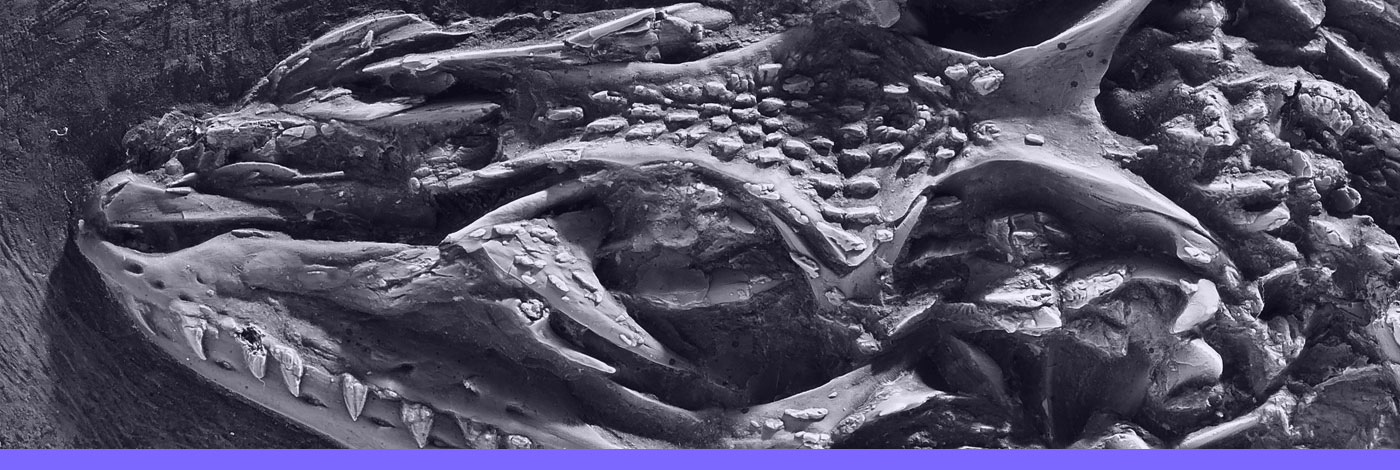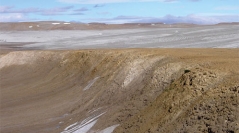

 Comptes Rendus Palevol
8 (7) - Pages 637-648
Comptes Rendus Palevol
8 (7) - Pages 637-648Terrestrial analogue environments are places on Earth that present geological or environmental conditions that are similar to those found on an extraterrestrial body. Analogue environments serve four functions: (1) learn about planetary processes on Earth and elsewhere; (2) test technologies, methodologies, and protocols; (3) train highly-qualified personnel, as well as science and operations teams; (4) engage the public, space agencies, media, and educators. Analogue studies also enable the development and validation of biosignatures and detection techniques. Analogue programs include the Canadian Space Agency's Canadian Analogue Research Network, NASA's Astrobiology Science and Technology for Exploring Planets, and NASA's Analog Missions. Examples of technology and instrument testing and validation in analogue environments include the Haughton-Mars Project Research Station, the Arctic Mars Analog Svalbard Expedition (AMASE), the Rio Tinto basin, and NASA's Field Integrated Design and Operations (FIDO).
Analogue environments, Planetary exploration, Missions, Life detection, Mars, Astrobiology